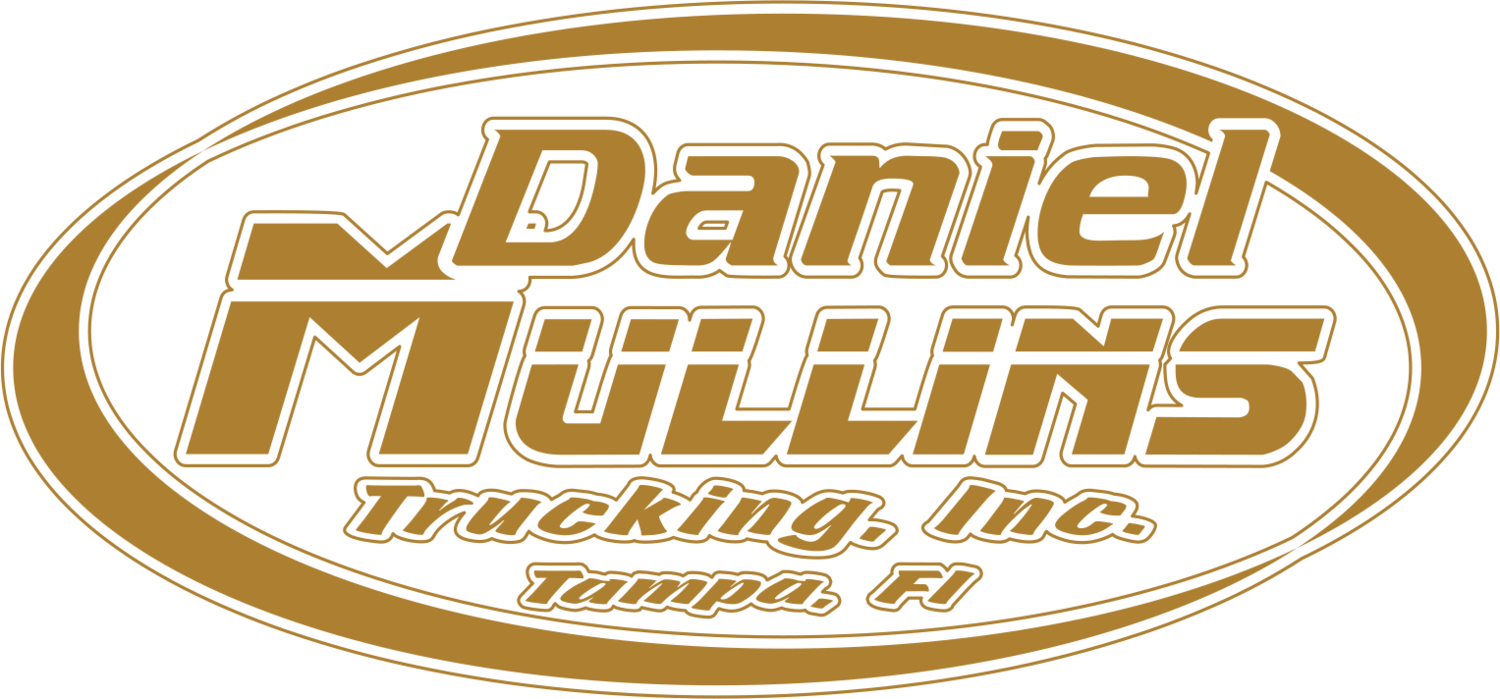The Importance of Pre/Post Inspections
Why Inspect a Commercial Vehicle?
There are many reasons as to why drivers should inspect their commercial vehicle before, during and after their trip. The first reason is safety, which simply put means because of the proactive behavior of inspecting, drivers will be able to find defects before they become a problem on the road. It’s more than likely that a driver will be able to address such an issue during their inspections and may prevent deadly accidents that cost time, money and may possibly lead to criminal charges. It’s legally required & required by Daniel Mullins Trucking to perform these inspections which align with our core value of “Integrity”. It is the right thing to do, so drivers should do it.
Below are the three types of inspections:
Pre-Trip
Performed before every trip, or when changing vehicles
Opportunity to find and correct defects before they cause or contribute to a crash
In Trip/Walk-Around
Monitoring gauges while in transit for signs of a problem
Observing the vehicle visually or other use of your senses to detect an issue
For example, do you smell fuel while driving? Is there a possible leak?
Post-Trip
Completed at the end of the day, or when changing vehicles.
Catches potential issues that may be able to be resolved before your next duty day.
Frequently Asked Questions about DVIRs
The FMCSRs combined with DMT/FTS company policies require documentation of all pre/post trip inspections via the DVIR. The FMSCSA also requires all DVIRS to be kept on file for at least three months. DMT and FTS utilize electronic DVIRS as the primary method for storing/collecting this information. There is no other format that is allowed, unless explicitly advised by the Safety Department.
How to Use Samsara
Samsara is our primary application used to track/collect data from our drivers to further our understanding of safety within our fleet & pinpoint potential dangers. When you log into Samsara to complete your pre/post inspection, be sure to log your time as “on duty”. If your Samsara application stops working for any reason, immediately call your Field Safety Supervisor for further direction.
What happens if I fail to do a pre/post trip inspection, or a DVIR, as required?
As a driver, failing to properly complete the required inspections and associated DVIRs exposes you potentially serious and detrimental outcomes. These outcomes include:
Roadside Inspections
Deficiencies not caught due to an incomplete, inadequate or non-existent inspection WILL be found during a RSI.
This will result in your vehicle being placed out of service by the inspector, until the defect is corrected.
These violations will show up on the company’s CSA score, as well as your PSP – a report that FMCSA maintains on you showing the results of every inspection and crash for the last 3 years.
Safety Risk
Not completing an adequate inspection fails to catch and correct defects that pose a risk to your safety and that of the motoring public.
Not properly inspecting the unit does not mean defects don’t exist.
Undetected defects can result in serious or even fatal accidents.
Accident Responsibility
Even in an apparent non-preventable accident, the condition of your vehicle will be inspected post accident.
Any defects found can result in:
You being found partially liable for the accident
If the defect is severe and proper pre/post trip inspection procedures are not followed, you can be found criminally negligent in causing or contributing to the accident.

